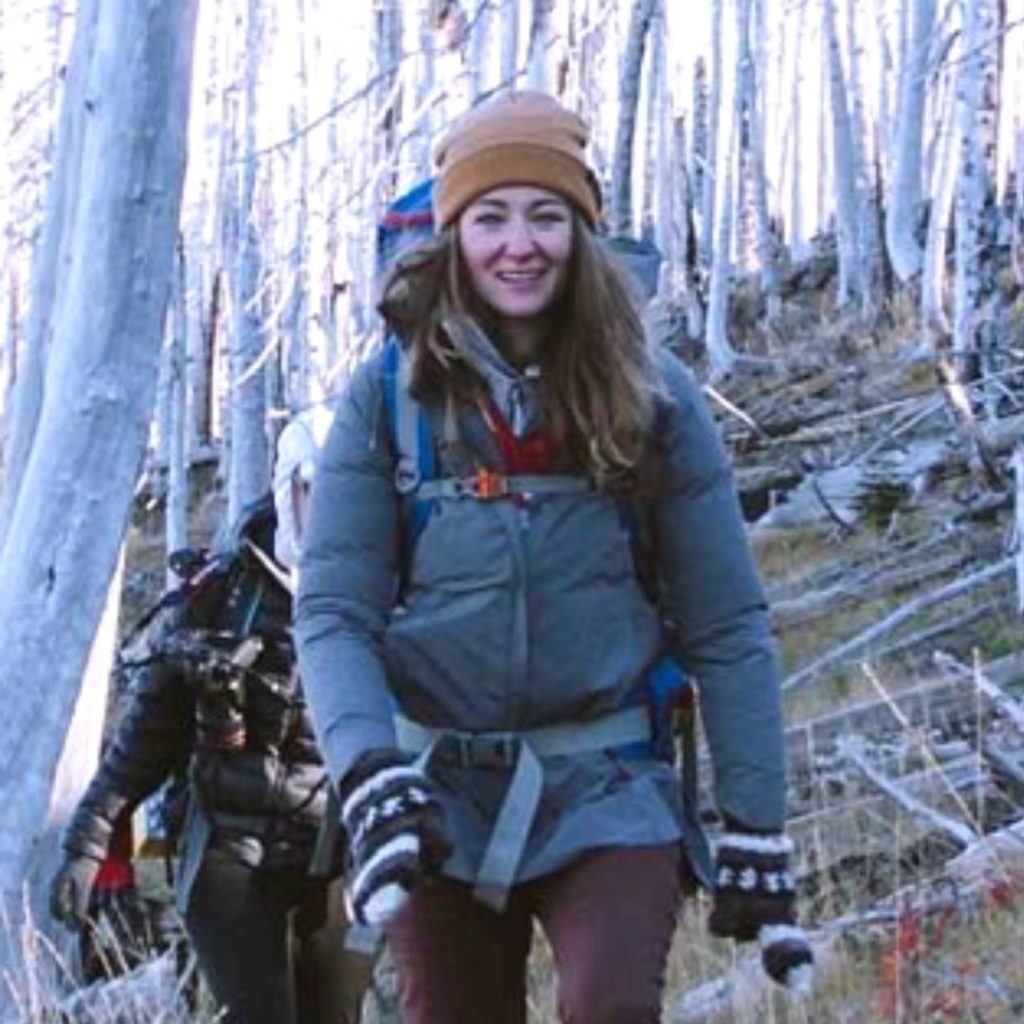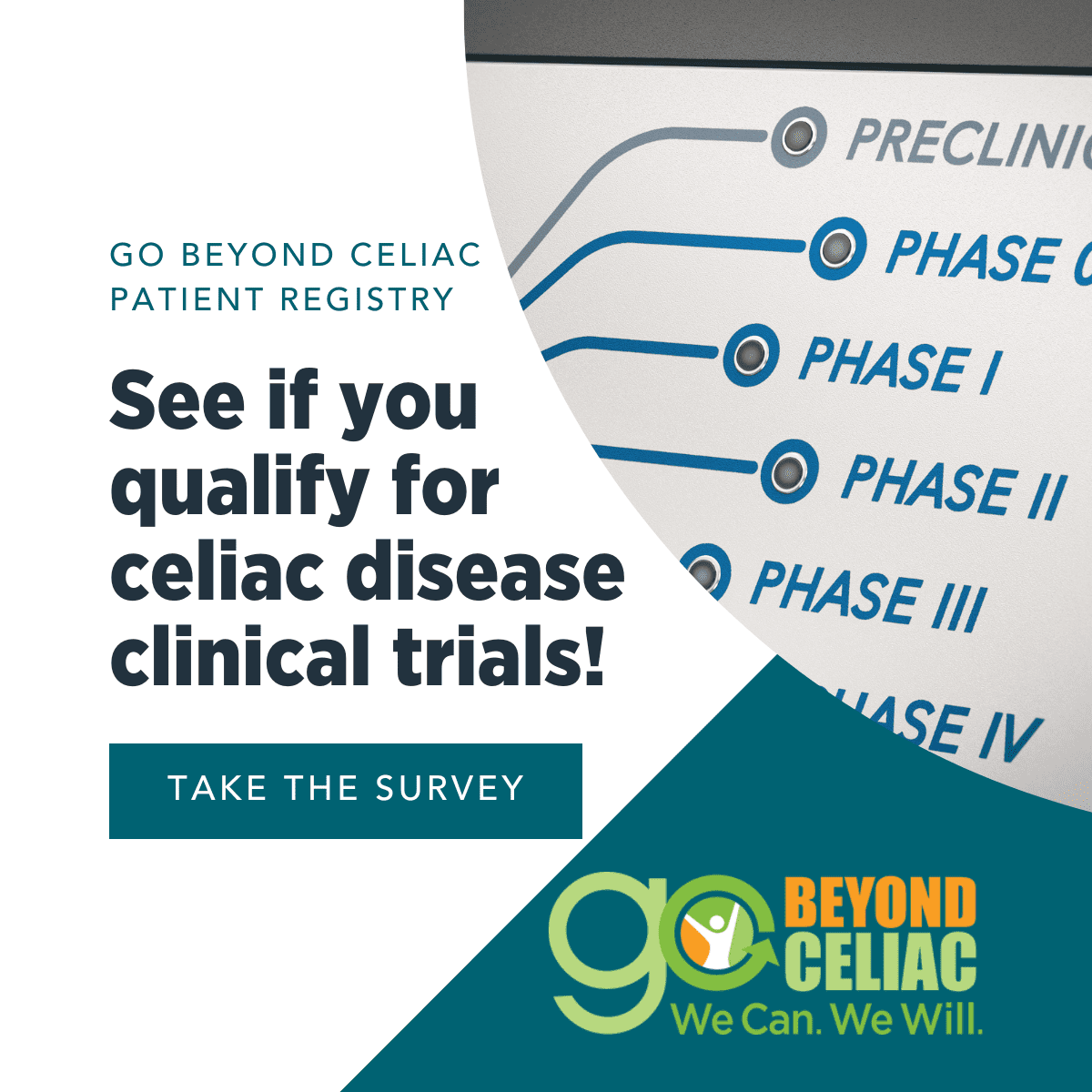Describe your life prior to diagnosis:
My dad was diagnosed with celiac disease when I was about 8 years old, so early on my family went gluten-free. My mom and I would occasionally go for “pasta” dates, but for the most part my symptoms stayed at bay because I was rarely exposed. That all changed when I got my driver’s license and had more opportunities to eat out.
What I would consider my earliest symptom was feeling the need to throw up after eating because the food literally hurt my stomach. However, this was misinterpreted by healthcare workers, and when I was told l had an eating disorder my family and I didn’t question it.
How did you come to know (or suspect) that you have celiac disease?
During my senior year in high school my psychiatric symptoms surpassed a normal teenage rebellion and my parents were desperate for any answers. By the time I was 17 I was on anti-anxiety medication and considered to be an eating disorder patient. Over the next few years I was put on 5 different types of antidepressants and ultimately hospitalized for an eating disorder.
The most significant of my symptoms were psychiatric, and we believe that my celiac disease caused encephalopathy. [ie, brain damage or a change in brain function. Researchers from the University of Sheffield have found evidence to suggest gluten exposure, including inadvertent exposure in those following the gluten-free diet, may lead to neurological damage.]
How long did it take for you to get diagnosed since your first symptoms and what (if any) challenges did you face along the way?
The isolated disciplines of medicine failed to recognize that because my gut and brain were inflamed, diet alone would not relieve my symptoms and psych meds only exacerbated them.
Do you believe anything could have sped up your diagnosis? If so, please explain:
As a child there were several symptoms that medical professionals treated as isolated cases instead of connecting them to paint a larger picture and identify a root cause.
The same doctor that diagnosed my father diagnosed me. However, the medical disciplines were so isolated that the only real information I was given was to go on a gluten-free diet and a list of other foods I couldn’t eat. As I mentioned, despite getting “treated” for celiac disease, the medical professionals I was seeing did not communicate well, so my treatment plan only exacerbated my symptoms.
Describe your experience with living with celiac disease:
A coping mechanism I am sure, but I am currently in my second year of graduate school pursuing a masters in human nutrition and functional medicine. While medical education and access to gluten-free food have come a long way in the last 20 years, I refuse to wait for medication and vaccines to fully enjoy my life. While there are moments that I take on a bit of a “mad scientist” persona (white board covered in theories and floor covered in highlighted journal articles), there are also many moments of joy where I am able to mountain bike, ski, and even climb mountains.
I hope that someday there will be more consistent health in both my own and my family’s daily life, but the improvement I have made by having doctors that are willing to work with me and respect my research is a gift.




